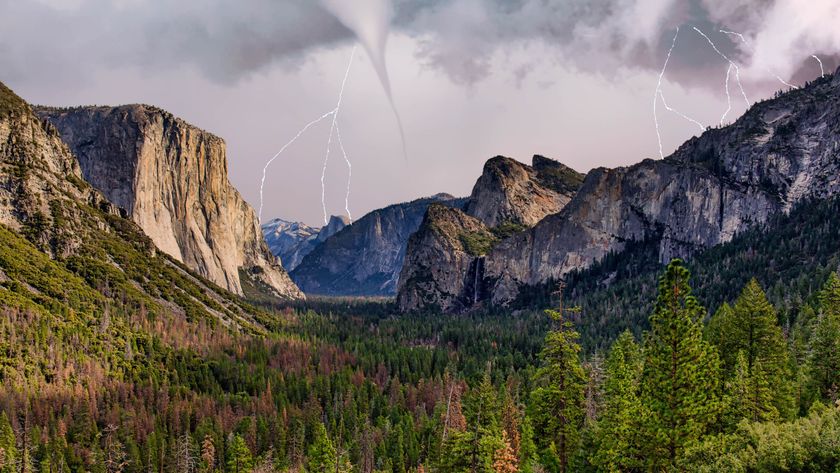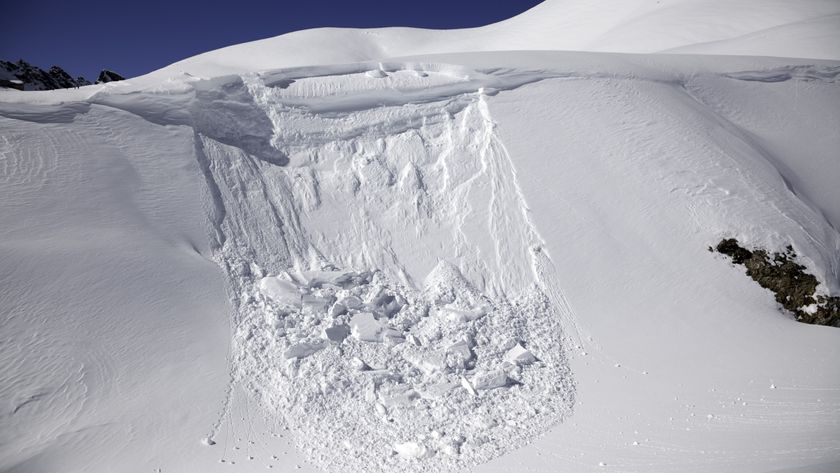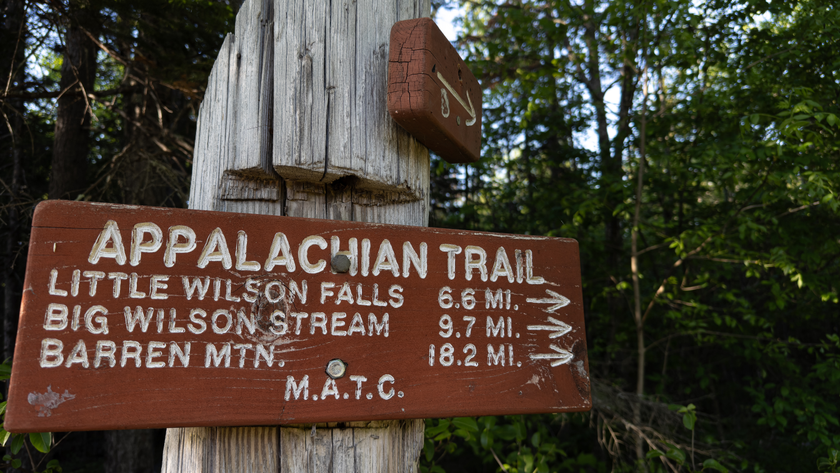Olympic open water swimmers and kayakers could miss out on future medals due to river pollution, warn campaigners
The Clean Water Sports Alliance says, without drastic action, British waterways won't be safe enough for training or competition
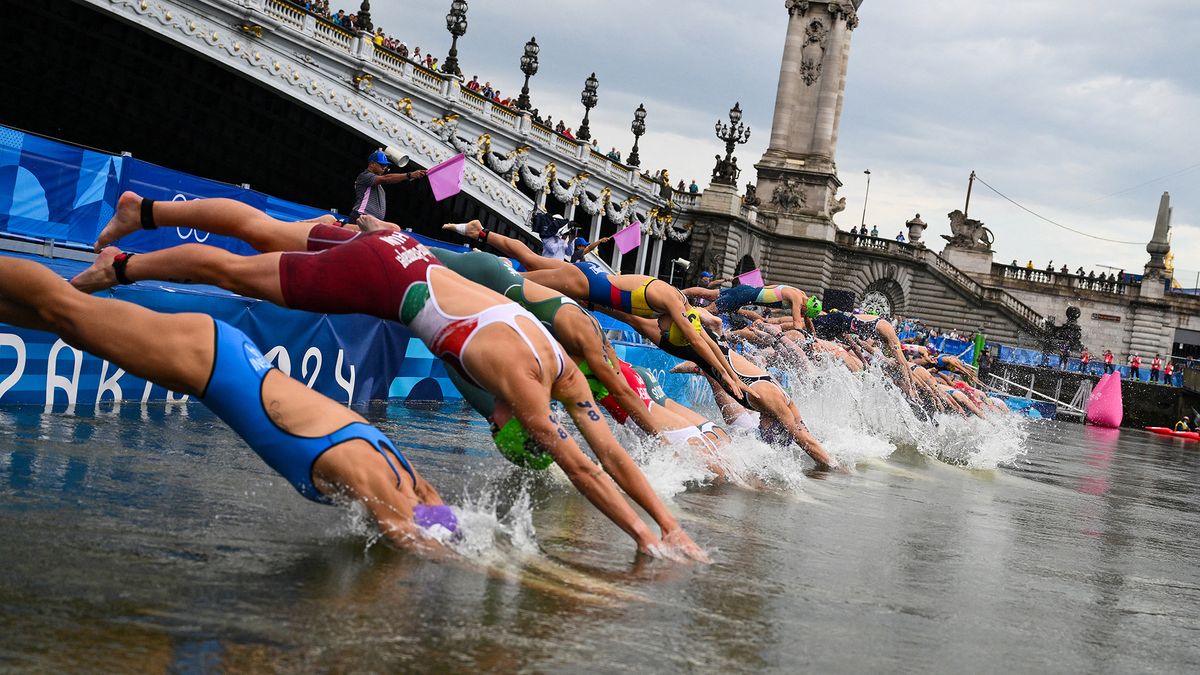
The medal hopes of future British Olympians could be mere pipe dreams, thanks to the state of the nation’s rivers, say pollution campaigners.
The Clean Water Alliance warned this week that UK Olympic success in water sports like open water swimming and kayaking will plummet without drastic action to ensure the safety and cleanliness of UK waters.
Water sports were responsible for 47% of Team GBs medals at Paris 2024, which was marred by its own water-pollution controversies.
Only 36% of UK rivers and lakes are classified as being in a good or high quality state according to the Institution of Environmental Sciences, while just 14% of rivers are deemed to be in a good ecological status.
The Alliance, which is formed of various water sports bodies, says, should the state of British waters continue to decline, the many athletes who rely on UK waters will be unable to train and compete.
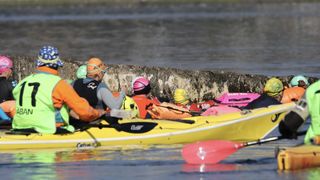
"The Olympics and Paralympics again underlined how successful we are as a nation in water-based sports", said Andy Salmon, Swim England CEO.
"The alarming health of our waterways is a genuine threat to future generations enjoying similar success."
Advnture Newsletter
All the latest inspiration, tips and guides to help you plan your next Advnture!
Described as a ‘chemical cocktail’ in a report by lawmakers, British and Northern Irish waters fall victim to pollution from a number of sources. Some 40% stems from the excessive use of fertilizer and pesticides, while the release of untreated sewage makes up for 35% - in 2021 alone, Thames Water pumped 8.4 billion gallons (32 billion liters) of excess sewage into the Thames.
Athletes and amateurs alike have been feeling the effects. In March, several rowers in the historic Oxford-Cambridge boat race fell ill after high levels of E.Coli were detected in the Thames, while at least 35 competitors experienced sickness after swimming in the Berkshire stretch of the river as part of the Royal Windsor Triathlon in June.
Aiming to maintain Olympic glory, the Alliance is calling on the government with three key demands: the adequate funding of regulators to monitor and investigate pollution, public access to accurate, up to date information regarding water quality, and a change from 'bathing waters' to 'recreational waters' in government policy to recognise the wide range of activities dependent on clean water.
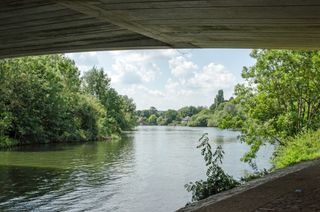
The Alliance's warning comes after a frustrating few months for campaigners. In June, waterways applications for the creation of new 'bathing sites' were delayed until Spring 2025. These sites, found throughout the UK, would be regularly tested and managed to ensure safety for swimmers.
"It is pushing this issue away into the future", waterways charity Thames 21's Stephen Haywood told the Guardian.
- How to stay safe in open water wild swimming for beginners
- 6 things I wish I'd known before starting wild swimming

Will Symons developed his love of the outdoors as a student, exploring every inch of Sussex’s South Downs national park and wild swimming off the Brighton seafront. Now a Staff Writer for Advnture, Will previously worked as a freelance journalist and writer, covering everything from cricket to ancient history. Like most Advnture staff, Will’s time is rarely spent indoors, he can often be found hiking, wild swimming or playing cricket.
